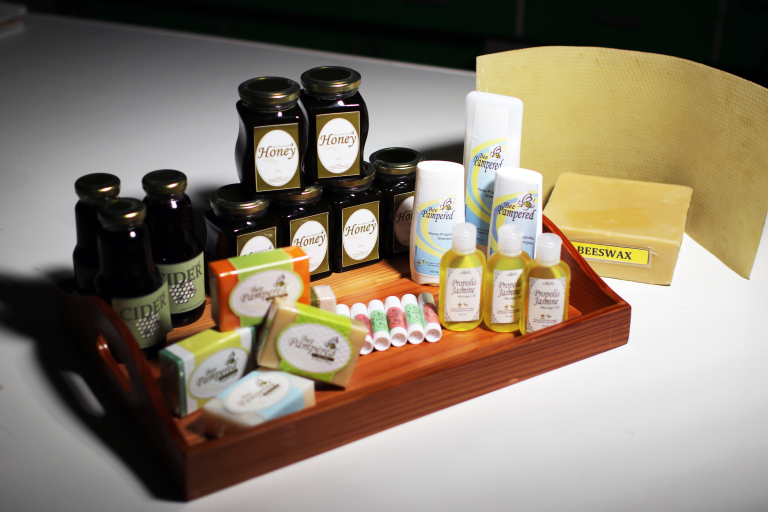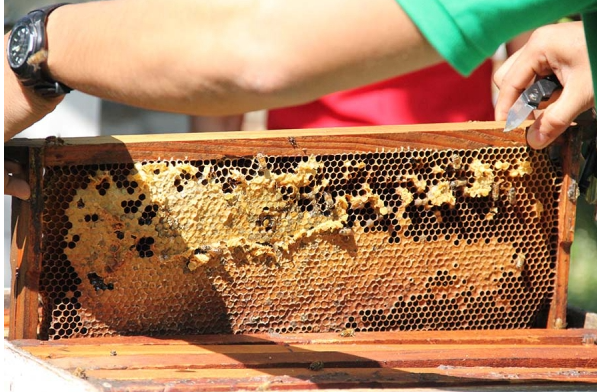The Department of Agriculture (DA) will replicate a beekeeping program that propagates indigenous honeybee breeds that now gives livelihood to Mangyans of Occidental Mindoro and has untapped potential for export.
DA Undersecretary Deogracias Victor B. Savellano said the beekeeping program will encourage local farmers to tap native honey bee breeds that are easy to grow. The program offers huge opportunities as an income earner for farmers with honey’s medicinal and pharmaceutical properties.
The products of beekeeping – honey, pollen, propolis – are turned into-antibacterial soap, massage oil, lip balm, shampoo, and other products.
Local processed bee products have reportedly been reaching prominent export markets—particularly the royalties of England.
Savellano said DA will explore budget sources for the program through a Bureau of Animal Industry (BAI) program.
“Beekeeping is a high value farm sector. It has export potential given an organized national program to develop it,” said Savellano.
Under its program, DA will accredit bee suppliers as part of developing the local industry. This accreditation policy will get rid of smugglers of queen bees which are the bees for reproduction.
“Queen bee smuggling has been destroying our local industry,” he said.
DA is partnering with the University of the Philippines-Los Banos (UPLB) on a commercial system, yet community-based program on beekeeping.
Dr. Cleofas M. Cervancio, UPLB project leader, said UPLB is coming up with a bee roadmap whose aim is to tap the export market.
So far, the UPLB project has been benefiting rural communities. This includes Muslim communities in Lanao del Norte and Mangyans in Victoria, Occidental Mindoro.
Bee farms are now also being developed as agriculture tourism sites. One such site is the Balay Buhay sa Uma Bee Farm in Bulusan, Sorsogon. It is accredited by the Department of Tourism.
UPLB has been developing technologies using native bees, particularly stingless bees, in order to raise crop yield and sustain biodiversity.
The bee program has been identified by the Technical Education and Skills Development Authority (TESDA) as the National Training Center for beekeeping. The trainings to be conducted are on beekeeping, bee colony health, management and bee pasture development.
The UPLB Bee Program also participates in establishing Standards for Tropical Honey and Beekeeping Practices in the Asia Pacific Region.
The TESDA program features low cost rearing technology for bees and establishment of bee pasture and sanctuary in an agroecosystem. It developed a policy paper on Standards for Tropical Honey ratified by the Asian Apicultural Association.
These are other UPLB-developed bee technologies: Use of stingless bees for pollination; how to harvest honey, pollen, and propolis from stingless bees; propagation of stingless bees using coconut shells; and harvesting honey from giant honeybees.
The program enters into collaborative agreements on establishing Food and Drug Administration-accredited bee facilities. Partnership is also promoted for the protection of intellectual property rights for wooden hive technology. – (PR)
Photos:
Bee products. (UPLB Agora)
The Magic of Bee Credit. (UPLB Regina Mae C. Ongkiko)


